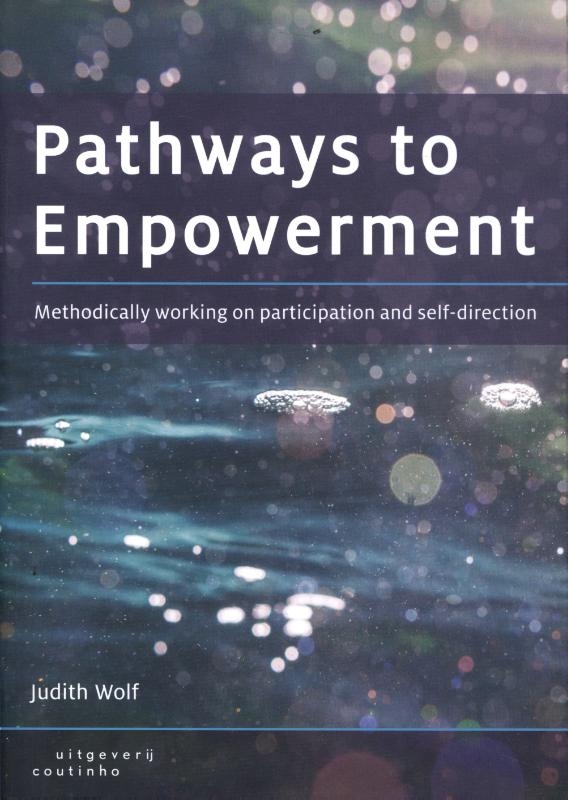Pathways to Empowerment
A Stengths-based intervention
voor studenten*
Omschrijving
Sometimes people lose control of their lives and find it hard to cope. With Pathways to Empowerment, professionals can support them in achieving the quality of life that they wish for, in which they become full members of society and are allowed to participate, belong, have significance, and be who they are.
Pathways to Empowerment helps counsellors to master an attitude and acquire the compete...
Sometimes people lose control of their lives and find it hard to cope. With Pathways to Empowerment, professionals can support them in achieving the quality of life that they wish for, in which they become full members of society and are allowed to participate, belong, have significance, and be who they are.
Pathways to Empowerment helps counsellors to master an attitude and acquire the competences needed to do strength-based work with clients. The book consists of three parts. Part I describes what happens to people when they fall behind and their self-regulation is inadequate. This part also discusses the three cornerstones – hope, self-regulation and citizenship – of the method-based work, the concept of recovery and the working relationship with clients. Part II gives a description of the strength-based counselling programme based on seven basic tasks: meeting and connecting, an inventory of strengths, evaluating self-regulation, setting goals and drawing up an action plan, supporting recovery, and concluding. The conditions for implementing and safeguarding method-based work are discussed in Part III.
The chapters provide practical insights by means of case studies and quotes from clients and counsellors. Each chapter concludes with some assignments.
Pathways to Empowerment is a reference work for (prospective) professionals in the care and welfare sector, such as social workers, social and educational caregivers, (socio-psychiatric) nurses and occupational therapists.
The publication has been included in the Effective Social Interventions database (Databank Effectieve sociale interventies; Dutch only) of Dutch knowledge institute Movisie as being ‘well-founded’.
This edition is a translation of the Dutch book Krachtwerk - Methodisch werken aan participatie en zelfregie by the author Judith Wolf.
Judith Wolf is Professor of Social Care at Radboud University Nijmegen Medical Center (Radboudumc) and head of Impuls, the Netherlands Center for Social Care Research at Radboudumc.

